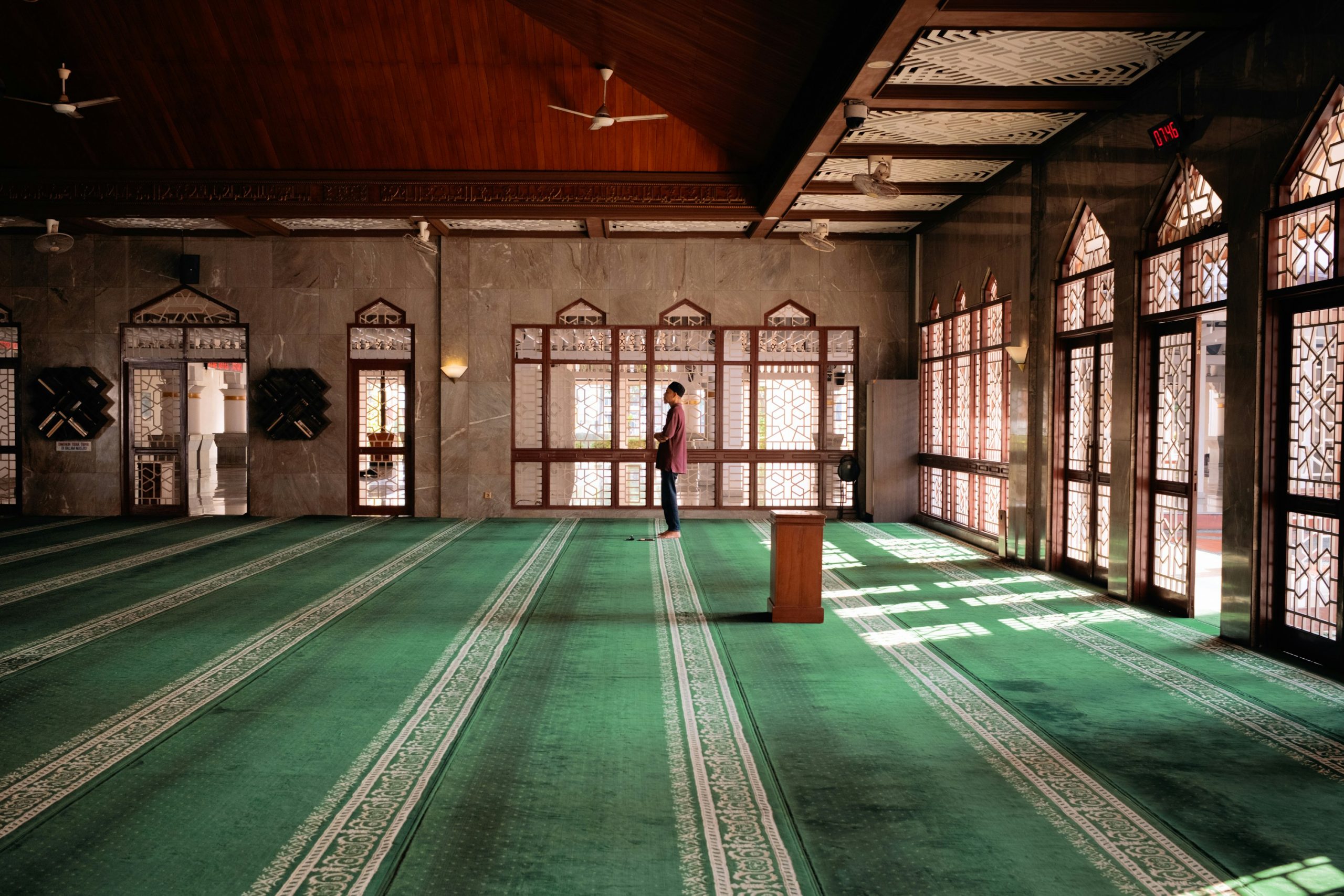The period between Ramadan and Dhul Hijjah is where many of us fall off.
Those habits and routines you built up over that 30 day marathon are all but gone.
But from the mercy of Allah is that He granted us Dhul Hijjah at the end of the year, almost as if He ﷻ is giving us a launchpad into the year to come.
Just as the final nights of Ramadan are the greatest of nights, the first ten days of Dhul Hijjah are the best of days, as the Prophet ﷺ told us:
“No good deeds are better than what is done in these first ten days of Dhul-Hijjah.”
[Sahih al Bukhari]
This time you have been given is worth more than the rest of your year, so what can you do to make the most of it?
In this short series of articles, we will explore just a few acts of worship you can focus on to maximize not only these days but the years to come, with Allah’s permission.
Starting with the cornerstone of your worship: The Salah
One of the major habits we lose as soon as Ramadan ends is the routine of praying qiyam al layl or Taraweeh.
It’s natural.
Not all of us are able to keep up with 8 or 20 rak’at every night.
So rather than trying to recapture that level of devotion at night, start by building and improving your worship in the day.
Here are just a few ways you can improve your Salah in the day time:
Pray the Sunnah Rawatib
In a narration via ‘Aisha (R.A), the Prophet ﷺ said:
“Whoever perseveres in performing twelve cycles of prayer from the Sunnah, Allah will build a house for him in Paradise…”
[Sunan al Tirmidhi]
These twelve cycles, referred to as the rawatib, are:
- 2 before Fajr
- 4 before Dhuhr and 2 after
- 2 after Maghrib
- 2 after ‘Isha
One of the benefits of maintaining these sunnah prayers is not only the reward of them, but that they also make up for any shortcomings in your obligatory Salah.
As narrated by Tamim al Dari, the Prophet ﷺ said:
“The first thing for which a person will be brought to account on the Day of Resurrection will be his prayer. If it is complete, then the voluntary (prayers) will also be recorded for him (as an increase). If it is not complete then Allah will say to His angels: ‘Look and see whether you find any voluntary prayers for My slave, and take them to make up what is lacking from his obligatory prayers.’ Then all his deeds will be reckoned in like manner.”
[Sunan ibn Majah]
Don’t rush your Salah!
Take things slow, and do not rush through your conversation with Allah.
One of the main reasons why people lack mindfulness in their Salah is because they believe they don’t have time.
When we have countless engagements and tasks waiting at the door, praying with diligence can be daunting.
Overcoming this challenge requires patience and acceptance of one hard fact:
You do not control time; Allah controls time.
Bring yourself back
It is narrated that the Messenger of Allah ﷺ came out to the people while they were praying and their voices were raised in the recitation. He ﷺ said:
“When you pray, you are talking confidently to your Lord. So look to what you confide to Him, and do not say the Qur’an out loud so that others hear it.”
[Al Muwatta, Imam Malik]
It’s a simple exercise with regards to attention that you become aware of distraction.
As you are thinking even now, right now your mind is probably going in different directions.
So practice bringing yourself back and being present.
Switch things up & add variety to your Salah
When you are on your daily commute, whether it’s to work, school or anywhere you visit regularly, however you get to that place, do you actively think about the journey?
Probably not, because it’s so ingrained in your mind that going there and back is instinctive, like muscle memory.
But what happens when you encounter a roadblock?
Something is forcing you to change your route, and all of a sudden, you are more alert and present.
Even though you are going to and from the same destination, something shook up your routine, you are no longer driving on autopilot.
The Salah works the same way. When you get used to reciting the same surahs and going through the same motions over and over, your brain switches off, because you are too have settled into the same routine with your prayers.
Switching things up within the realm of acceptability will force you to be present and mindful in your Salah.
Instead of reciting the same surahs, recite one you haven’t read in a long time. Instead of just reciting the same adhkar in your bowing and prostration, change up the number of times you recite them, or choose a different du’a or form of dhikr in those positions.
Utilize these ten days to build habits in your worship that you can commit to for life.
May Allah accept your Salah in the blessed days to come.



Recent Comments